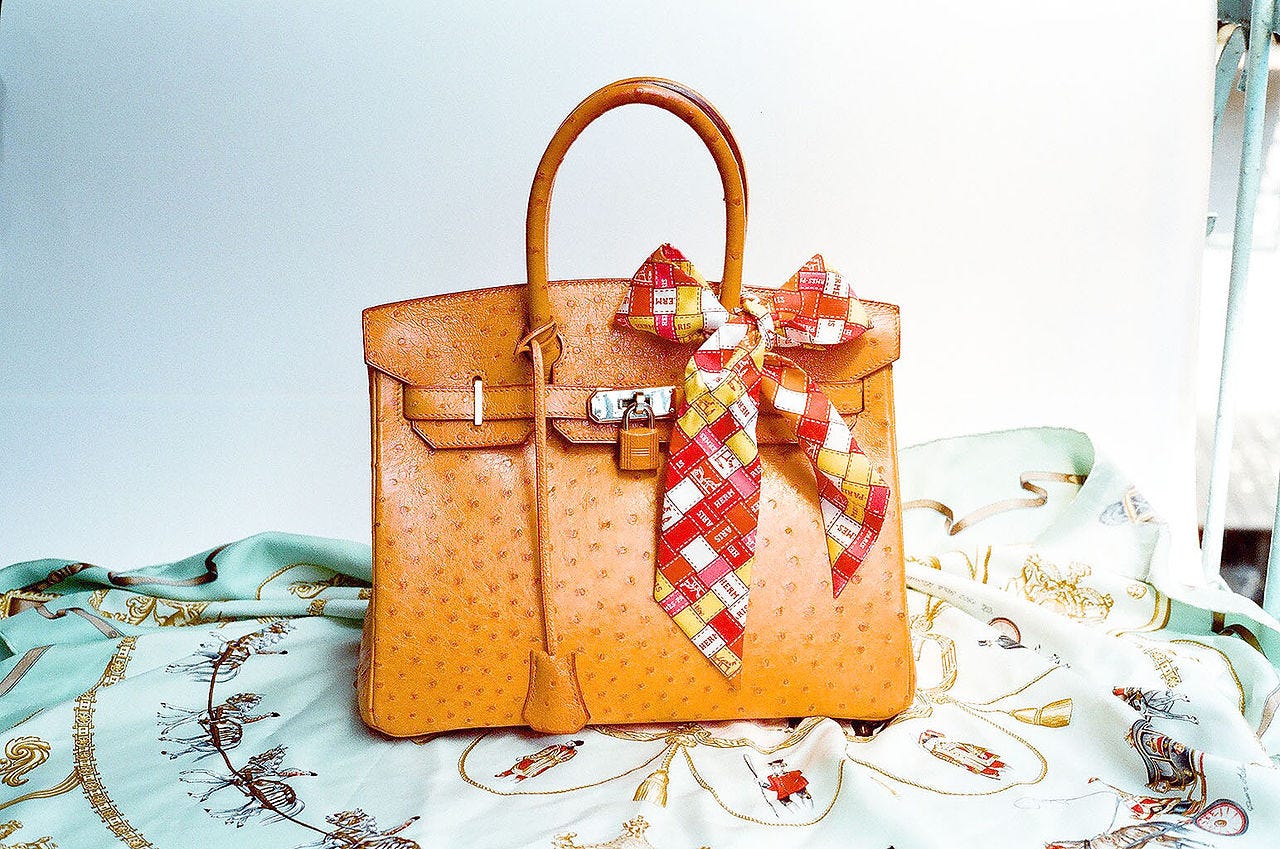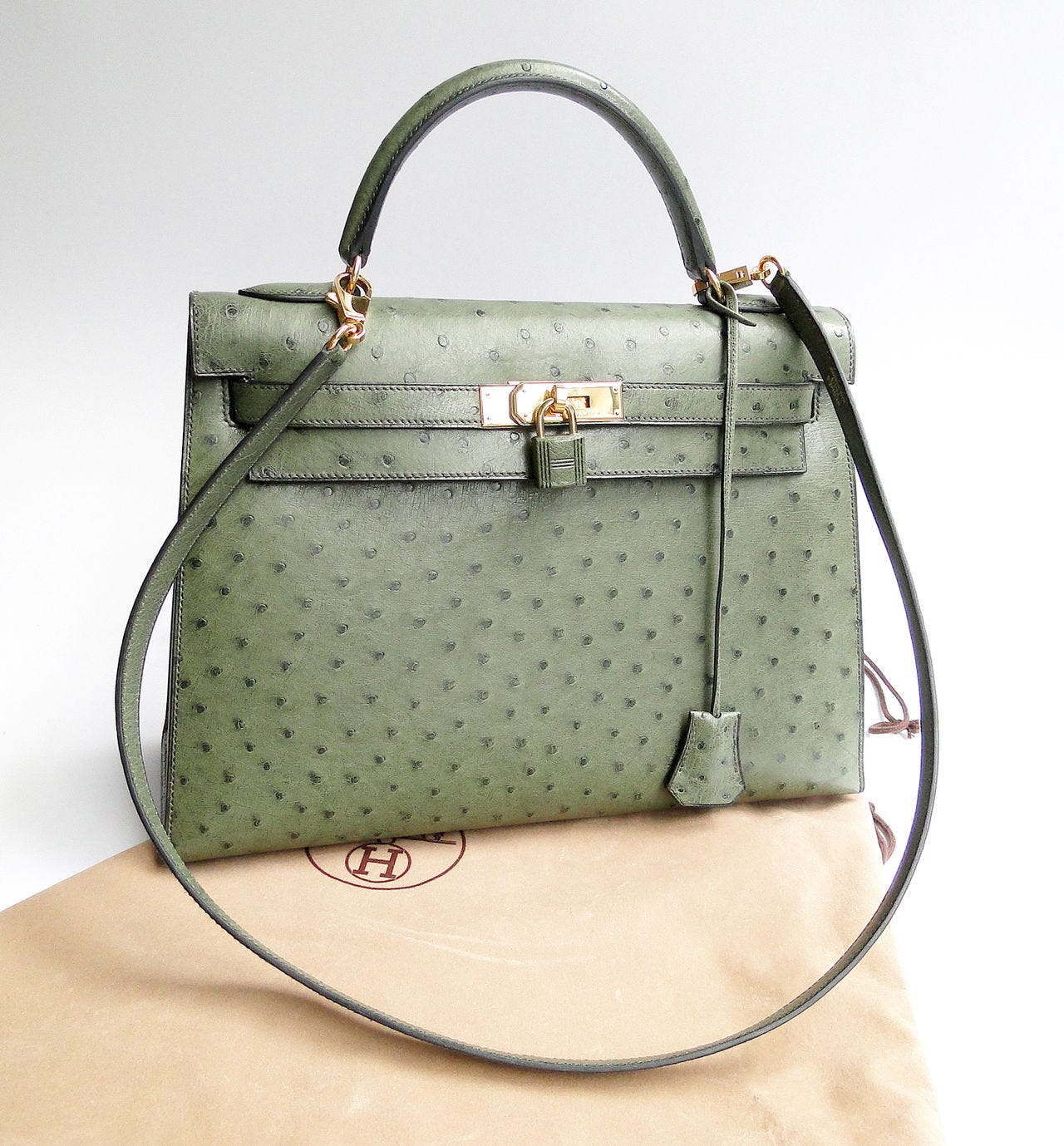More people should write exactly one book: The one about themselves. People lead very different lives. If everybody capable of writing a book wrote one about themselves, the body of written knowledge in this world would rise dramatically. Most people possess unique knowledge about themselves and their lives and rather little knowledge of everything else.
Wednesday Martin, PhD in anthropology, is one of those people whom I find great at writing about her own life and not-so-great at writing about other things. Her 2008 book Stepmonster is built up around vague but persistent accusations against everyone of treating stepmothers unfairly. Untrue (2018) is built on equally vague and persistent accusations against everyone for treating female sexuality unfairly. Primates of Park Avenue (2016), on the other hand, is nothing less than a masterpiece.
Officially, Wednesday wrote the latter book in the role of an undercover anthropologist after she married a monied man and moved to the Upper East Side of Manhattan. Reading the book, it is obvious that she wasn't there as an anthropologist, but as a wife among the other wives: Wednesday herself was one of those primates: She chased the same apartments, the same high-prestige pre-schools and the same handbags as them, with the same intensity. That is what makes the book a true masterpiece: Through being one of those primates herself, Wednesday can tell not only how they behave, but also why they behave that way, or at least how they feel when they behave like they do.
Urban warfare
The plotline is, more or less: The beautiful, blond and 30-something academic Wednesday Martin marries the about ten years older financier Joel Moser. Moser wants to live closer to his family, so the couple moves to the Upper East Side of Manhattan where the rich people live. They can afford mid-range, but not top-range places there.
Wednesday dives into "domestic" tasks like hiring a broker to find that right apartment within the boundaries of the best school district for her. She participates in crazy work-out sessions in order to keep an expensive-looking body. And she spends hundreds of hours chasing a handbag that will impress the other wives.
That handbag story is the real highlight of the book. It starts one day when Wednesday is passed by on a street by a somewhat older luxury wife, in her mid-fifties. The pavement is broad. Still the other lady walks close to Wednesday. So close that her "magnificent" handbag brushes against Wednesday's arm. Wednesday has been through this enough times to know what it means: It's a demonstration of power.
Wednesday then gives us a crash course in designer handbags, and, specifically, her favorite designer handbag, the Hermès Birkin. The Hermès Birkin, we learn, is a man-made scarcity. Hermès makes only a few hundred of them every year. They cost a lot of money, at least eight thousand dollars. Still, they can't be bought for money only. It takes contacts, social skills and great knowledge of the field to get one's hand on a Hermès Birkin bag. This makes the Birkin handbag a powerful symbol of female status.
To me, the Hermès Birkin doesn't look much different from the Hermès Kelly. But Wednesday Martin knows better: The Kelly is meek and bland, because anyone with money can buy it. The Birkin, on the other hand, has character, because it shows that its owner has contacts, determination and grit, properties even more valuable than money on Manhattan's Upper East Side.
Now the amazing thing happens: Wednesday Martin, PhD in anthropology, a pregnant mother of one in her upper thirties, becomes obsessed with owning a Hermès Birkin bag. On a business trip in Asia, Wednesday's kind husband tries hard and finally succeeds in buying a Hermès Birkin bag in Tokyo. Wednesday cherishes her bag and carries it everywhere until some years later when the bag’s unergonomic design causes her a strain injury in her arm that forces her to choose between her bag and her writing.
Mean girls
One could think that a PhD in anthropology should be able to see through such a superficial and obviously rigged social game. But Wednesday has her reasons to make seemingly weird priorities: She inhabits a very rough environment where people are forced to fight for their social survival. The rich wives form cliques from which they openly exclude women deemed unworthy. Excluding people is simple: If someone unworthy greets you, just don't answer. Playdates between children are in reality a social status game, where mothers try to climb toward the higher social levels. It is not about which children happen to like each other, but about how mothers can enhance or lower their status from whose children their children are allowed to play with. Even pre-school is highly competitive: Only the most well-behaved children are allowed in the best pre-schools. Plus those with the parents with the right connections, of course.
On top of everything there is the Queen of the Bees, who behaves like a classic female bully and apparently gets away with it very well. Wednesday tells us about this particularly unpleasant person:
"The recent stories of her nastiness were legion. She told women, in front of their friends, that they were ugly, that they were stupid, that there was something wrong with their children. I thought her a crass bully, and even worse, an empress with no clothes, the Chanel notwithstanding. Because she was so rich and powerful, the people who rolled their eyes behind her back were too petrified to actually confront her about her nasty antics. School administrators looked the other way because she made big contributions. Everyone else took her put-downs meekly and sat at her table at events, hoping for a scrap of I didn’t know what. Business? Money? A ruffle or ribbon of her haute couture?"
In this rough environment, different wives have different tricks to stand out. Some of the wives systematically start using their new summer clothes when it is still winter and their new winter clothes early in the autumn. That way, they will be the first. Other women then use the same clothes at their own peril: it might lower their social status. Wednesday strongly feels that her new summer dress has been sullied after someone used a dress of the same design already in February.
Subcultures are also formed around seemingly pointless differences. Everyone works out like crazy: Apparently, that is what you are supposed to do if your husband pays you ten times the normal rate for being a wife and mother. There are two main ways to work out: Ballet inspired extreme workout classes and group cycling classes. Wednesday never tries cycling because the wives who do cycling are very clubby and try to seem a bit rough: They sport handkerchiefs around their heads, gangster-style, and sweat and groan and swear while working out. When Wednesday greets some women she recognizes in a cycling group, they just don't answer: being someone who does the ballety thing for exercise, she doesn't belong to their tribe.
Regression analysis
I have never been to New York City. I have met only a few rich people. And still, the social pattern described in the book feels eerily familiar. After all, I was once a teenage girl. Forming cliques, creating a world consisting solely of social status, a fixation with clothes and looks: teenage girls are commonly known for that, and the girls in the working class town where I grew up were no exception. The subtle bullying between strangers and the creation of pointless subcultures also is very much a teenage thing, that thankfully tends to disappear when people grow up. Except, apparently, among people who grow up under financially privileged conditions on one of the most expensive spots on Earth.
The unpleasant behavior of the rich wives deeply challenged my assumptions about teenagers. Until Wednesday told me about her peers and herself, I thought that teenagers' bad behavior was due to their immaturity: They were young and insecure, I thought. By time, they learn how to both survive and be a bit nice. The primates of Park Avenue proved me wrong on that point. Obviously, people who are both resourceful, intelligent and experienced can behave just as unpleasantly as your average high-school bully.
There's still hope!
What is the common denominator between a teenager and a high-status wife, except that both are members of the human race? I can think of only one: None of them works for a living. Both groups instead socialize intensely, competitively and hostilely. Could it then be their non-working status as much as their age that makes many teenagers unusually mean?
People who work for a living, and work together, need to cooperate in order to get things done. They have less time to care about what this or that handbag or bandana really symbolizes, who is in or out and who can get me more in or out. By contrast, people who most of all socialize need to focus on social issues. Social codes that look trivial from the outside become almost life-and-death questions for teenagers and rich wives alike.
As always, more research is needed. But at least, I now think there is hope that research could improve the perpetual problem with teen mental health. If typical teenage behavior can actually be induced in middle-aged, very socially privileged people, then that is a sign that it could also be de-induced in teenagers, at least to some degree. That is more than I ever dared to hope for.
Primates of Park Avenue depicts adults who do not behave like adults. Now I'm waiting for, and searching for, the book about teenagers who do not behave like teenagers.






Wait a minute, 6-3-3...In Sweden that's not an experiment, but the way it is, always (?) was and always will be. (And, predictably, I actually participated in a physical fight as a 15-year-old, in 1999, not because I wanted to but because someone bigger and meaner wanted to). My two oldest children attended the same school until very recently and things really seems a lot better. I used to explain that with an increase in resources: They more or less doubled the number of teachers/ape-minders per student and it somehow seems to work.
How old are you, plus-minus? I always held the prejudice that Poles are studious compared to Swedes, probably because of a high pace of economic development: People were rather poor but hopeful, I thought. Meanwhile in Sweden, people could afford to live here and now, because grown-up life was so far away, and there was always a bunch of second chances. Higher education was not a certain road to success in Sweden in the early 2000s and most of the bullies seem to have gotten perfectly decent lower middle-class lives. Would you say those things were different in Poland?
Great essay. I’ve been meaning to read this book for a very long time, as I live in New York City and have seen the same dynamic play out with regard to the college status jockeying game, where parents will put in a lot of effort to get their kids into a brand name college, just so they won’t lose status in front of their peers. It’s what led to the “Varsity Blues scandal” here in America a few years back. The college name is more important than the education.